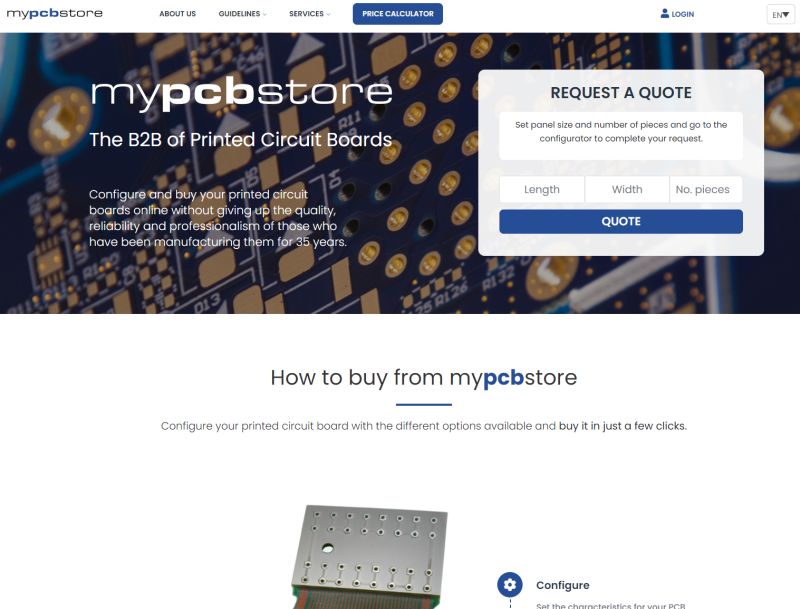Standards & directives
This page provides an overview of the IPC specifications for the PCBauch: gedruckte Schaltung, engl.: PCB – Printed circuit boar… More industry. If no special requirements or manufacturing standards are specified, the requirements of Class II of IPC standards 6011, 6012, 6013 and 6016 are deemed to apply for
standard. The quality inspection is carried out in accordance with IPC-A-600. The current versions of the individual documents apply.
Standard
| Standard | |
|---|---|
| Definitions of terms | IPC-T-50 |
| Dimensions and tolerances | IPC-2615 (former IPC-D-300) |
| Acceptance criteria for PCBs | IPC-A-600 |
Design
| Standard | |
|---|---|
| Design standard for surface mounting and connection surfaces | IPC-7351 (former IPC-SM-782) |
| Design guideline for reliable SMT printed circuit boards and assemblies | IPC-D-279 |
| Basic standard for PCB design | IPC-2221 |
| Design standard for rigid, organic printed circuit boards | IPC-2222 |
| Design standard for flexible PCBs | IPC-2223 |
Material
| Standard | |
|---|---|
| Specification for base material of rigid PCBs / multilayer boards | IPC-4101 |
| Specification for base material for HF applications | IPC-4103 |
| Flexible insulating films for flexible PCBs | IPC-4202 |
| Adhesive-coated insulating films as cover films for flexible PCBs and flexible Adhesive films | IPC-4203 |
| Flexible metal-laminated insulating films for flexible PCBs | IPC-4204 |
| Metal foils for PCBs (Cu, Ni, etc.) | IPC-4562 |
| Composite metals for PCBs (CIC, CMC) | IPC-CF-152 |
| Properties and requirements for permanent solder resist masks | IPC-SM-840 |
Manufacturing
| Standard | |
|---|---|
| Basic standard for the performance specification of PCBs | IPC-6011 |
| Qualification and performance specification for rigid PCBs | IPC-6012 |
| Qualification and performance specification for flexible PCBs | IPC-6013 |
|
Qualification and performance specification for PCBs with high packing density. (HDI) |
IPC-6012 (former IPC-6016) |
| Guidelines for the handling and storage of PCBs | IPC-1602 |
RoHS
The EC Directive 2011/65/EC (RoHS – Restriction of hazardous substances)
as well as Directive 2015/863 (from 22.07.2019) – known as RoHS 3 or RoHS III – regulate the use of hazardous substances in appliances and components.
To date, the Annex to the RoHS Directive has been extended and amended several times and exemptions have come into force.
The current status of RoHS legislation can be found on the website of the European Commission for the Environment under the following link.
WEEE
The directive on electrical and electronic equipment (2012/19/EU, WEEE: Waste Electrical & Electronic Equipment) aims to prevent, recycle and recover waste.
ElektroG
In Germany, the above-mentioned directives were transposed into German law by the “Electrical and Electronic Equipment Act (ElektroG)”.
Since July 1, 2006, substance bans have been in force for lead (Pb), mercury (Hg), cadmium (Cd), hexavalent chromium (Cr VI), polybrominated biphenyls (PBB), polybrominated diphenyl ethers (PBDE)
REACH
With regard to Regulation (EC) No. 1907/2006 (REACH: Registration, Evaluation and Authorization of Chemicals), we concur with the opinion of the German Electrical and Electronic Manufacturers’ Association (ZVEI).
Unassembled PCBs are therefore a product that does not have to be registered under REACH.



